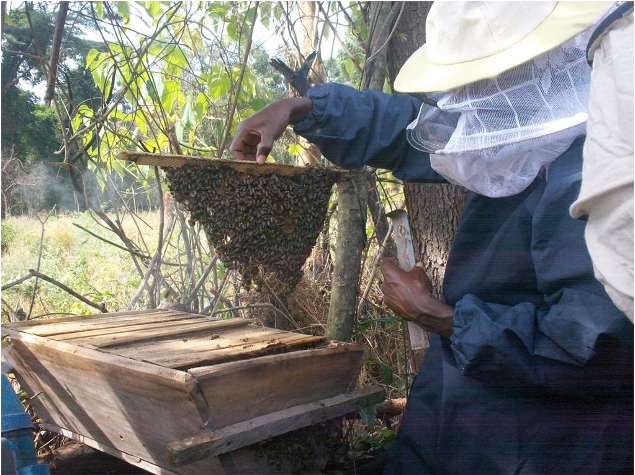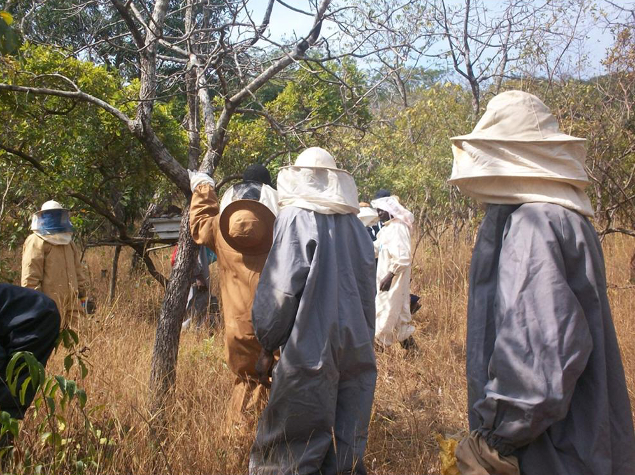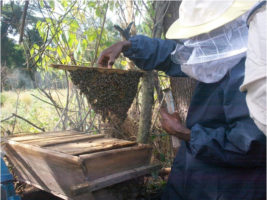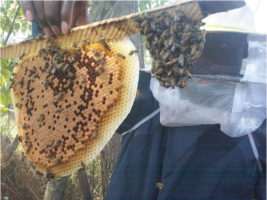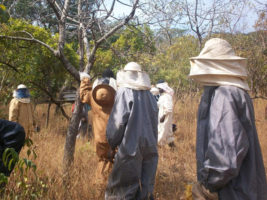Support for the modernization and development of beekeeping
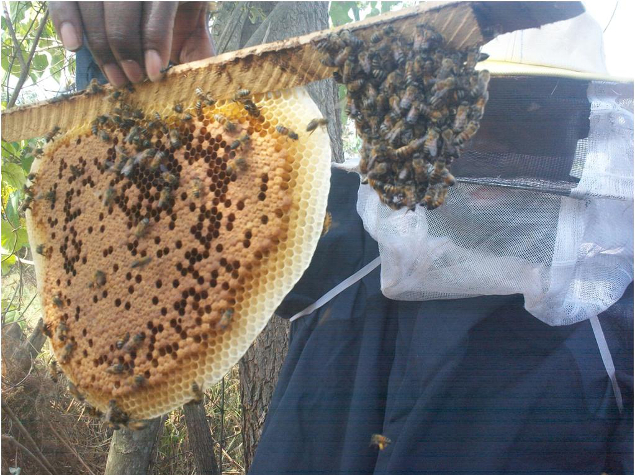
Apis mellifera adansonii, which is found in West and Central Africa, is very similar to the European honeybee, apis mellifera mellifera, though smaller in size, requiring different beehives from those used in Europe. While its morphology is very close to that of the European bee, its behavior differs significantly, enabling a better adaptation to the African climate and local flora.
In Gaoual Prefecture today, despite the natural and human potential for beekeeping, production of honey and beeswax remains limited in terms of both quantity and quality. To address this problem, the project plans to develop beekeeping, using apis bees and certain apidea bees from the Meliponini tribe (Melipona or stingless bee), whose honey is particularly sought after.
Final report summary (June 2019):
During the funded period, various activities have been implemented:
- Sustainable collection practices have been set up (ban of bush fires, smoker use instead of fire for the harvest);
- 4,500 Acacias have been planted;
- 300 Kenyan hives, with mobile frames, enabling settlements multiplication, have been manufactured with lumbers (avoiding destruction of trees);
- 110 beekeepers have been trained;
- Harvest kits and protective clothing have been bought;
- A warehouse and an apiary school have also been built.
Yield doubled and the selling price increased by 50%. According to forecasts, the revenue per beekeeper should double in 2 years.
This project was partly funded thanks to the sponsorship of a generous donor. If you also wish to support initiatives towards threatened animal species conservation, click here.

